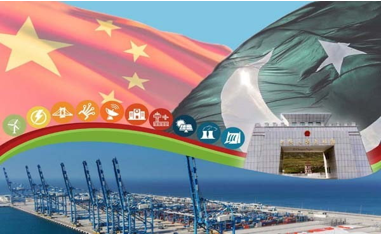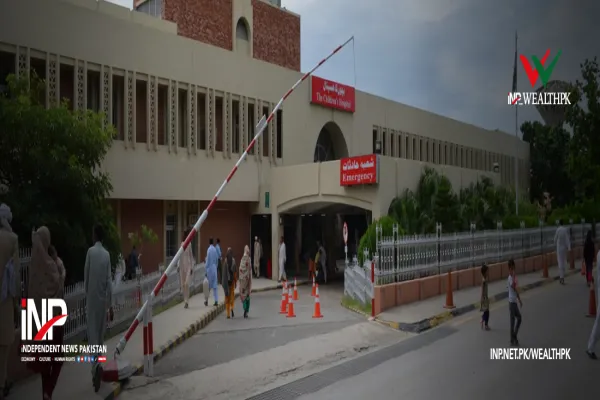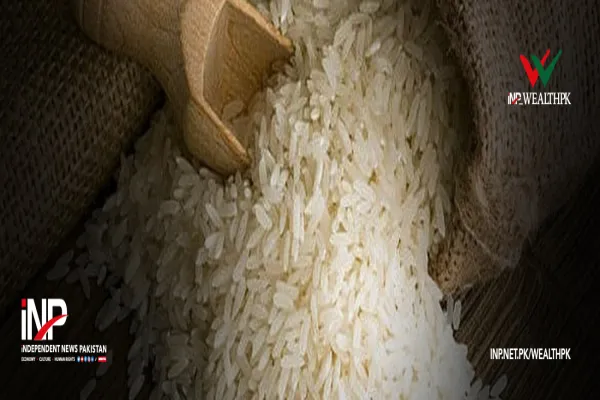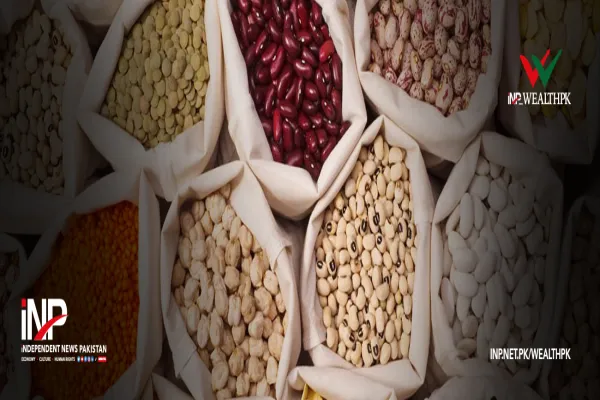i INP-WEALTHPK
Ayesha Saba
Experts urged a shift in CPEC’s special economic zone (SEZ) strategy from a macroeconomic lens to a more decentralised, localised framework to harness its full potential for inclusive and sustainable development.

In an interview with WealthPK, Dr Hassan Daud Butt, former project director CPEC and senior adviser at Sustainable Development Policy Institute (SDPI), said that while SEZs hold considerable promise in contributing to regional development, this potential can only be realised through localised and well-calibrated planning.
“The success of SEZs hinges on how well they are aligned with the needs, aspirations, and capabilities of the local population.” He cited the example of the Rashakai SEZ in Khyber Pakhtunkhwa, saying though it was strategically located, it had seen sluggish investor interest. “The problem is not with the idea but with its execution.
Policymakers have yet to align the zone with KP’s comparative advantage in mineral processing, light manufacturing, or even agri-based industries,” he remarked. He believes that the current one-size-fits-all model, driven by centralised planning and a preference for large-scale industrial complexes, has failed to create meaningful opportunities at the grassroots level, especially in underdeveloped regions.
Butt argued that the absence of provincial coordination and input in the planning process frequently erodes local stakeholders’ sense of ownership. He pointed out that many SEZs had been conceptualised with a federal blueprint, ignoring the granular needs of the region. “Local chambers of commerce, SMEs, and vocational institutions should be at the table when planning SEZs.
Otherwise, the zones risk becoming under-utilised industrial parks rather than engines of inclusive growth,” he warned. He also highlighted that inadequate infrastructure — such as roads, electricity, and water supply — continued to hamper the potential of SEZs, particularly in underdeveloped areas like Balochistan and interior Sindh. “You cannot expect industries to flourish if basic utilities are unreliable or unavailable.”
Butt stressed that without robust linkages between SEZs and surrounding communities, the developmental spillovers will remain minimal. Meanwhile, speaking to WealthPK, Waqar Ahmed, a trade policy expert at Trade Development Authority of Pakistan (TDAP), said one major hurdle is Pakistan’s industrial capacity.
“While SEZs aim to attract high-value industries, domestic firms often lack the technical expertise or financial strength to integrate into global supply chains. This creates a dependency on foreign firms, limiting job creation and knowledge transfer.” He suggested that the government must prioritise SME inclusion in SEZs.
“Local businesses need access to financing, training, and policy support to become suppliers or partners within SEZs. Otherwise, the zones will remain dominated by foreign players, with minimal linkages to the domestic economy,” he explained.
Credit: INP-WealthPk









